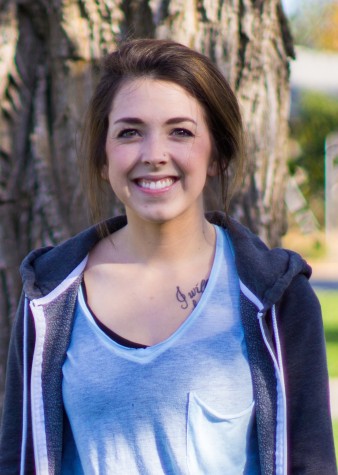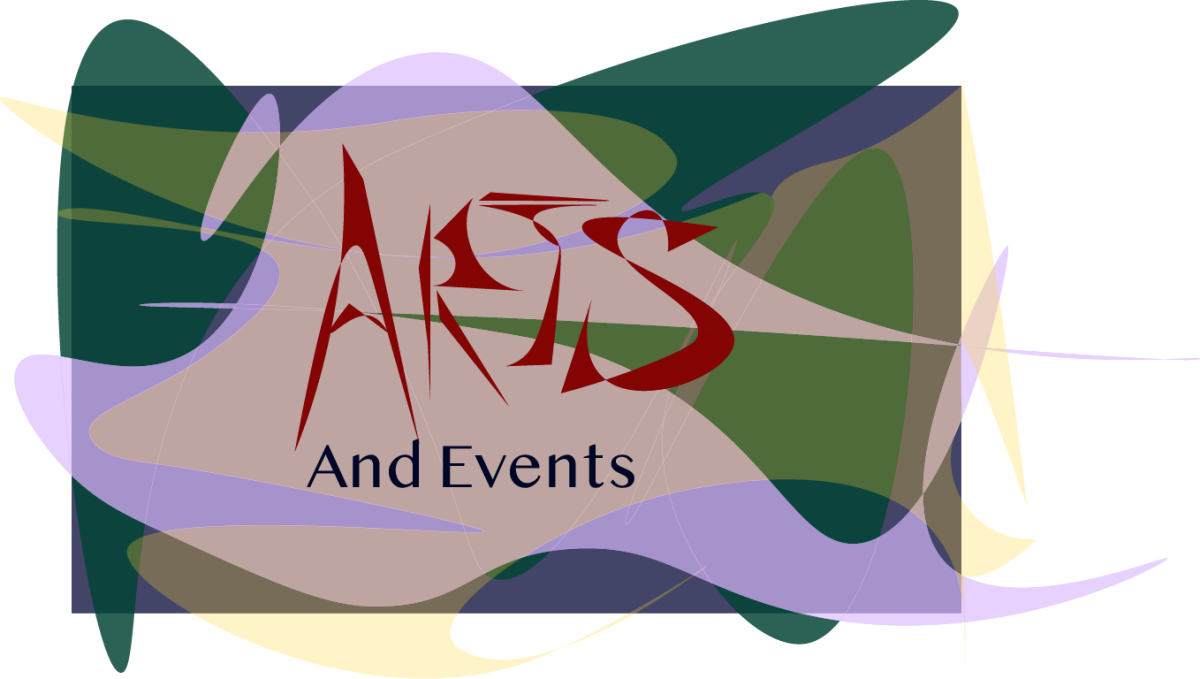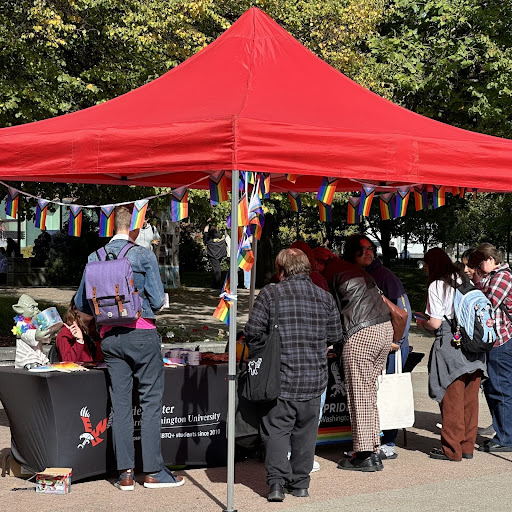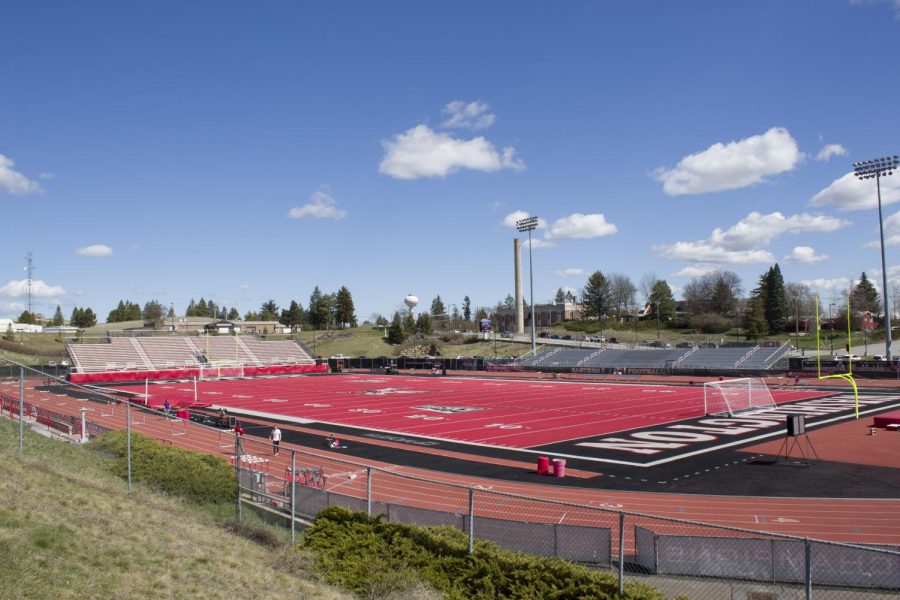Lack of communication has CSTEM worried
December 4, 2015
As well as concerns about the pre-design for the new science buildings, other issues have arisen regarding EWU’s policy of shared governance.
According to EWU’s website, the shared governance policy means administrators are responsible for any final decisions regarding running the university, but the faculty must be consulted and given all information prior to making those decisions.
According to professor of Philosophy and EWU Faculty Organization President Kevin Decker, “Consensus must be sought with the faculty before action contrary to their views is taken. In particular, our Academic Senate is where the buck stops with reference to the university curriculum — all courses and programs. These principles are supposed to prevent unilateral action by the administration.”
Recently, CSTEM faculty have claimed they were not consulted about the pre-design of the new science building and the design differs to what many of them feel is necessary in a new building. “Part of the conflict here is due to limited resources in Olympia and the view that we may have to settle for a building that reflects not what we need, but what legislators are willing to fund,” Decker said.
When the faculty believes that action was taken without involving them, the Faculty Organization is responsible for finding out whether this is mere perception or reality.
According to Decker, the issue at hand is one of communication. “Faculty Organization supports bringing CSTEM faculty fully into the loop in the further stages of design and building and will help facilitate that as needed,” Decker said.
Some CSTEM faculty members claim other decisions regarding appointment of administration were made without faculty input.
“Two of the decisions made by administration without faculty input were the appointment of the Interim Provost, Dr. Keogh Hoss, as Interim Dean of CSTEM, and the appointment of Ms. Rebecca Stolberg as Interim Associate Dean of CSTEM,” professor of mathematics and Faculty Organizations Vice President Jackie Coomes said. She added that although the faculty has expressed a great amount of respect for the two, there was no prior consultation before either were appointed.
Coomes said there are three major problems with the selection of Hoss and Stolberg. “The first is that neither administrator is from a discipline within CSTEM, which the CSTEM Policies and Procedures require of deans and associate deans. Deans who have experience in the disciplines in the college will have a much better understanding of the relationships among the programs,” she said.
The second, she said, is the lack of accountability of the academic leaders to faculty, programs and students in the college. “CSTEM faculty were not involved in their selection and any evaluation of them by faculty will be meaningless since they will return to their prior positions in other colleges,” Coomes said. “The structures of accountability and faculty involvement all along the continuum has been removed,” Coomes said. It is essential that academic leaders such as chairs, associate deans, deans and the provost all represent and advocate for the faculty, programs and students under their charge according to Coomes.
According to Coomes, the appointment of Hoss and Stolberg is concerning because they will go back to their prior positions in other colleges. Being interim administrators, they are not compelled to advocate or represent the faculty in CSTEM. She said that since Hoss and Stolberg are from other colleges that compete with CSTEM for resources, they may be less likely to support increased resources for CSTEM. “While this is a valid concern among faculty, there has been no evidence yet that the two leaders have negative intentions for CSTEM,” Coomes said.
According to Coomes, the administration needs to create a structure that restores the representation and accountability that has been eliminated in order to solve this issue regarding shared governance. “Beyond that, administrators and faculty must continue working to increase open dialogue and transparency, including administrators’ value of and responsiveness to faculty concerns,” she said.
However, Coomes did say dialogue has already increased, as Hoss held a meeting to hear and respond to CSTEM faculty concerns and she continues to hold discussions with chairs in CSTEM regarding the needs and concerns of their department.
“If Dr. Keogh Hoss and Ms. Stolberg remain in leadership positions within CSTEM for the remainder of the academic year, it will be essential for decisions that affect faculty, programs, and students to be public and for all CSTEM faculty to provide input that is seriously considered in final decisions. Decisions with long term effects that may have negative impact on any program or department should wait until CSTEM has a permanent dean and EWU has a permanent Provost, both selected with substantive faculty involvement,” Coomes said.
“I believe both administrators and faculty have the best interests of EWU and students in mind, but that decisions can have unintended and unforeseen consequences,” she said. As far as the larger issue of shared governance, she said we should all be concerned about these weakened aspects. She said controversies will always occur on campuses, but Eastern’s shared governance policy requires essential faculty involvement in the selection and evaluation of academic leaders, as well as open and responsive dialogue before decisions are made. She said this is vital, even if it takes longer to make those decisions.








